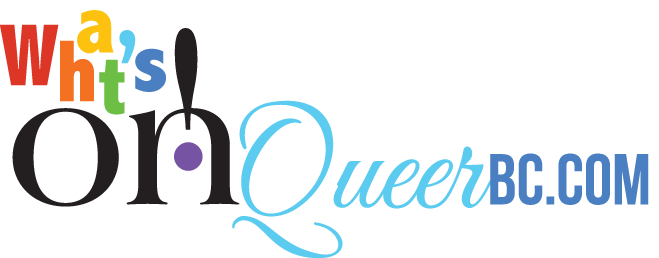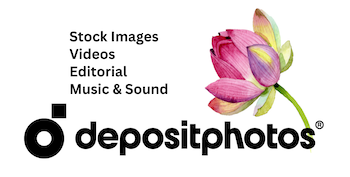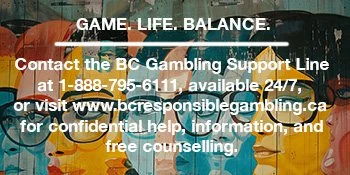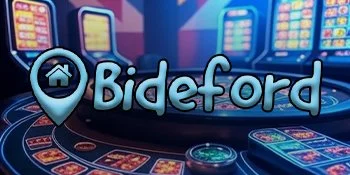Pride on the Fairway: How Queer Golf Communities Are Growing in Canada
For too long, golf was seen as a sport that queer people might hesitate to embrace. Traditional country-club atmospheres, conservative dress codes, and a lack of representation created unspoken barriers. Yet today, an inclusive revolution is quietly reshaping the green-and LGBTQ+ golfers across Canada are embracing the fairway as a place not merely for sport, but for belonging.
Why Golf Appeals to LGBTQ+ Players
Golf is fundamentally a social sport. Its measured pace invites conversation, laughter, and personal connection between shots-less high-pressure than contact sports and more human. For many queer players, the course becomes not just a venue for play, but one for community-building. Beginners and pros mingle, swapping tips, jokes, and encouragement-creating space where everyone, regardless of skill, can thrive.
Breaking Down Barriers, One Swing at a Time
Golf's exclusive roots aren't easily dismissed: some clubs in Canada held restrictive membership policies well into the 21st century. But grassroots initiatives are changing that narrative from the outside in. The national network Together We Golf (TWG), founded in 2020, stands at the forefront of this transformation. TWG's mission is clear: to dismantle barriers and promote inclusivity in golf, irrespective of age, gender, race, or socioeconomic status. They host both in-person and virtual events-clinics, leagues, and social tournaments-fostering a shared passion for the game and community across the country.
Local groups also play a crucial role. In Toronto, the Toronto Gay Golf Group, founded in 2002, offers social and recreational golf for queer players of all abilities and identities. On the West Coast, the Vancouver Gay Golf Club provides casual, queer-led outings throughout Greater Vancouver-a space where fun and solidarity are par for the course.
Voices from the Fairway
Kylie Frederick, a PGA of Canada Class A professional based on Vancouver Island, brings both expertise and visibility to queer golf. She reflects: "I am an athlete, but I am also gay. ... If I'm not talking about that part of me, I am doing a disservice." Frederick emphasises that being openly LGBTQ+ invites conversation and helps create a safer, more inclusive environment.
Meanwhile, Bobbi Lancaster, a Canadian transgender golfer who sought to qualify for the LPGA Tour in 2013, personifies the perseverance and visibility that inspire many within queer sport.
The Institutional Push for Inclusion
Beyond the community level, the sport's national body is stepping up. Golf Canada has embedded diversity, equity, and inclusion at the centre of its strategy. This includes staff and volunteer training, a diversity policy, integration of inclusive programming across events, and resources tailored to equity-deserving groups-including 2SLGBTQIA+ communities.
What Queer Golf Means in Canada
Creating queer-focused golf spaces offers far more than a round on the course. For many, these groups become vital social spaces-especially beyond Pride events or nightlife scenes. They offer an accessible, welcoming environment where queer friendship, mentorship, and sometimes romance, can flourish amid fresh air and shared experience.
Representation matters. While professional golf still has few openly queer players, community tournaments, Pride-themed scrambles, and rainbow-accented tees visually and emotionally signal: "You are welcome here."
How to Get Involved
If you're curious about joining queer golf in Canada:
1. Find a local LGBTQ+ golf group - Start with local community boards, Facebook groups, or sites like OutSport Toronto or What's On Queer BC.
2. Connect with Together We Golf - They offer both virtual gatherings and in-person events and clinics that span the country.
3. Look for Pride-themed tournaments - These are beginner-friendly, socially focused, and often low-barrier.
4. Bring a friend - Having company can ease any nerves about stepping onto the course for the first time.
Don't see a group in your area? Start one. Many of today's queer golf communities began with just a few friends booking a tee time-and a shared desire to belong.
Looking Down the Fairway
Golf Canada's inclusion work and growing grassroots networks are helping golf become more welcoming-and visibly so. And as queer golfers continue to show up, clubs, brands, and courses in Canada will increasingly recognize the importance of creating equitable spaces. Queer participation isn't a niche. It's community-building, representation in motion, and the best kind of fairway revolution-one laid out in friendship, authenticity, and shared sunlight.
Because in the end, golf isn't just about the scorecard. It's about laughter after a wild shot, quiet camaraderie on the green, and knowing you belong. For queer golfers in Canada, that space is growing-and the course has never felt more like home.










